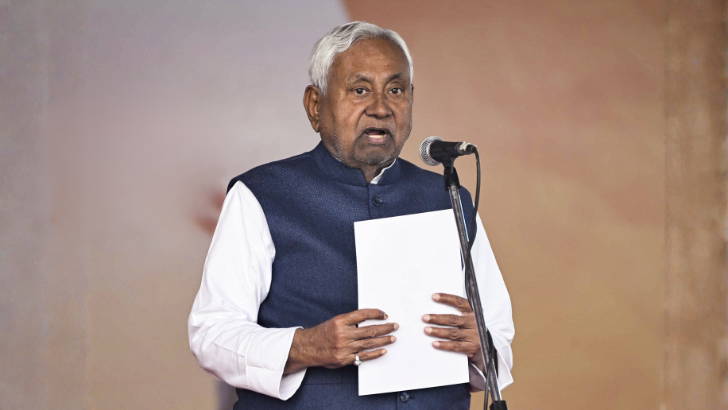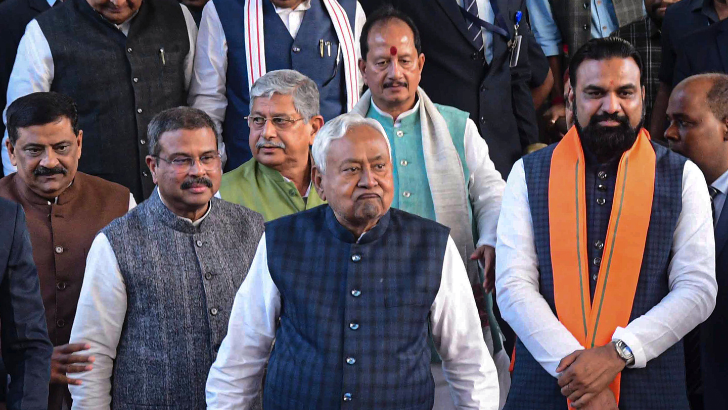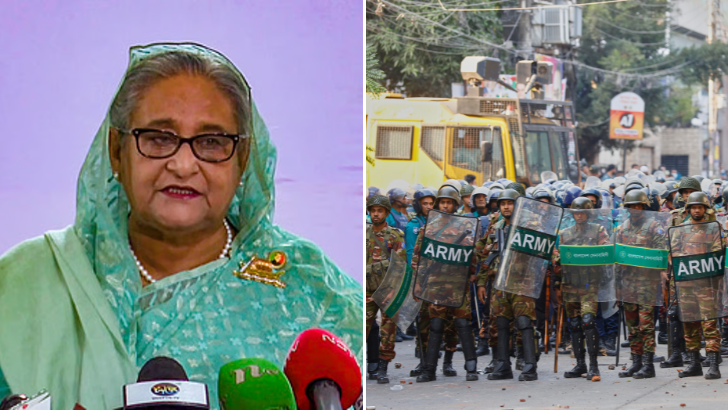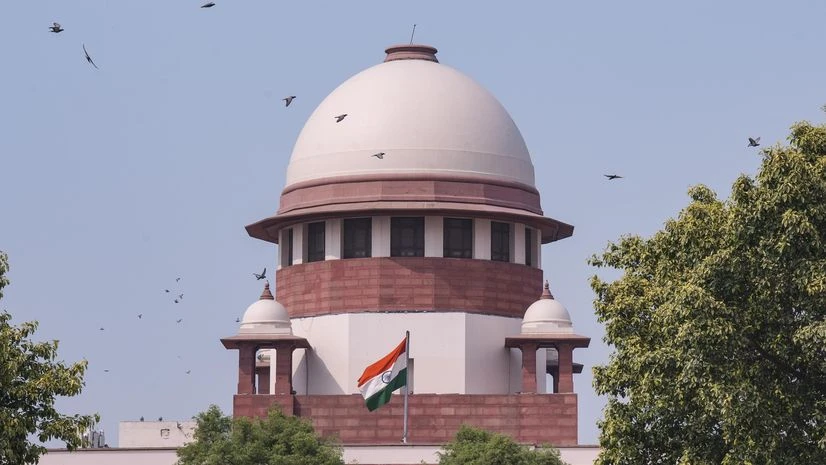No timelines for governors, president to grant assent to bills: SC
The five-judge bench held that courts cannot create ‘deemed assent’ and governors must act only within Article 200’s three options.
PTI
-
The bench also clarified that governors are not bound by the aid and advice of the council of ministers when choosing among the three options available under Article 200 (Wikipedia)
New Delhi, 20 Nov
The Supreme Court on Thursday ruled that timelines can bind neither governors nor the president to grant assent to bills passed by state assemblies. It also clarified that courts cannot introduce the concept of “deemed assent”, marking an important verdict on the constitutional powers of these offices.
A five-judge Constitution bench led by Chief Justice BR Gavai said the Constitution does not provide fixed time limits under Article 200, which governs the governor’s options when a bill is presented for assent. Imposing such deadlines, the court said, goes against the flexibility intended by the framers of the Constitution.
The bench, which also included Justices Surya Kant, Vikram Nath, PS Narasimha and AS Chandurkar, stressed that governors do not have “unfettered power” to indefinitely delay bills. However, the solution cannot be the judiciary prescribing timelines.
Under Article 200, the governor has three choices: grant assent, send the bill to the president, or withhold assent and return it to the assembly with comments. The court reiterated that there is no fourth option.
"In the absence of constitutionally prescribed time limits, it would not be appropriate for this court to prescribe timelines judicially," the bench said.
The ruling came while answering 14 questions referred to the court by President Droupadi Murmu under Article 143(1). She sought the Supreme Court’s opinion on the legality of an April verdict by a two-judge bench that had fixed a three-month limit for governors and the president to decide on bills.
The Constitution bench overturned that view, holding that such directions fall outside judicial power.
The court also said the governor’s decision-making under Article 200 is not subject to judicial review on the merits. But in rare cases of “prolonged, unexplained and indefinite” inaction, the judiciary may issue a limited mandamus asking the governor to act within a reasonable timeframe—without touching the merits of the bill.
Referring to Article 361, the bench said governors enjoy personal immunity from court proceedings. But this immunity does not shield the constitutional office itself from judicial scrutiny, especially when assessing prolonged delays.
The bench also clarified that governors are not bound by the aid and advice of the council of ministers when choosing among the three options available under Article 200. Their discretion remains intact, particularly when considering whether a bill should be forwarded to the president.
The court held that the powers of the governor under Article 200 cannot be substituted by any other authority. Nor can courts review a bill’s contents before it becomes law. The governor’s and president’s decisions under Articles 200 and 201 become justiciable only after the law is enacted.
During the hearing, the Tamil Nadu government had argued that the governor was sitting on multiple bills, prompting the earlier two-judge order imposing a three-month deadline. Thursday’s verdict settles the matter conclusively, reaffirming the constitutional scheme.
The Supreme Court had reserved its judgment on 11 September.








.png)



.png)

.png)


.png)


